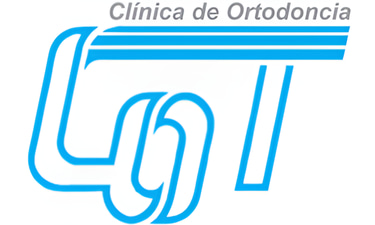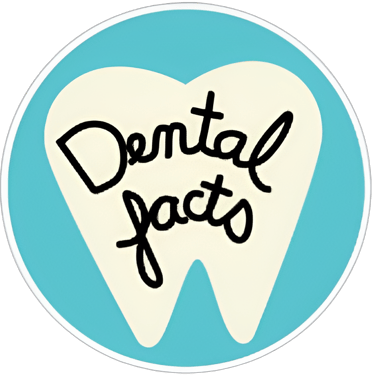How to Get Rid of Bad Breath and Tongue Coating
Bad breath and tongue coating are common issues that can affect your confidence. To combat them, it’s essential to brush your tongue daily, use an alcohol-free mouthwash, stay well hydrated, avoid certain foods, and visit your dentist if the problem continues. Good oral hygiene is key to maintaining fresh breath and a healthy mouth.
Bad breath and tongue coating are common issues that can affect your confidence. To combat them, it’s essential to brush your tongue daily, use an alcohol-free mouthwash, stay well hydrated, avoid certain foods, and visit your dentist if the problem continues. Good oral hygiene is key to maintaining fresh breath and a healthy mouth.
1/11/2024・4 min read




Bad breath, also known as halitosis, is a frequent concern that affects many people. Often, those who suffer from it aren’t even aware, since it’s hard to detect on your own.
However, it can be uncomfortable and impact confidence in both social and professional situations. There are several causes of bad breath, and one of the most common is tongue coating. Tongue coating is a buildup of bacteria and food debris that forms a layer on the tongue. Causes may include poor oral hygiene, gum disease, or issues related to the digestive system.
To reduce tongue coating and improve bad breath, it’s important to follow a proper oral hygiene routine. Here are some helpful tips:
1. Brush your tongue: Make it a habit to brush your tongue every day, ideally in the morning. Use a soft-bristled toothbrush or a dedicated tongue scraper. Brush gently from the back to the front to remove plaque and food particles that collect on the tongue.
2. Mouthwash: Use an antiseptic mouthwash after brushing your teeth and tongue. This helps kill bacteria and freshen your breath. Choose an alcohol-free rinse to prevent dry mouth.
3. Stay hydrated: Drink plenty of water throughout the day. Saliva plays an important role in keeping the mouth clean and neutralizing acids that cause bad breath.
4. Avoid foods and drinks that cause bad breath: Certain foods and beverages, such as garlic, onions, coffee, and alcohol, can contribute to bad breath. Try to limit their intake or brush your teeth after consuming them.
5. Visit your dentist: If, despite maintaining good oral hygiene and cleaning your tongue, bad breath continues, it’s best to see your dentist. There may be underlying issues, such as gum disease, cavities, or infections, that require treatment.
Remember, maintaining good oral hygiene is essential for fresh breath and a healthy smile. Follow these tips to eliminate tongue coating and manage bad breath. If the problem persists, don’t hesitate to consult a dental professional for a proper diagnosis and personalized treatment plan.




Bad breath, also known as halitosis, is a frequent concern that affects many people. Often, those who suffer from it aren’t even aware, since it’s hard to detect on your own.
However, it can be uncomfortable and impact confidence in both social and professional situations. There are several causes of bad breath, and one of the most common is tongue coating. Tongue coating is a buildup of bacteria and food debris that forms a layer on the tongue. Causes may include poor oral hygiene, gum disease, or issues related to the digestive system.
To reduce tongue coating and improve bad breath, it’s important to follow a proper oral hygiene routine. Here are some helpful tips:
1. Brush your tongue: Make it a habit to brush your tongue every day, ideally in the morning. Use a soft-bristled toothbrush or a dedicated tongue scraper. Brush gently from the back to the front to remove plaque and food particles that collect on the tongue.
2. Mouthwash: Use an antiseptic mouth-wash after brushing your teeth and tongue. This helps kill bacteria and freshen your breath. Choose an alcohol-free rinse to prevent dry mouth.
3. Stay hydrated: Drink plenty of water throughout the day. Saliva plays an important role in keeping the mouth clean and neutralizing acids that cause bad breath.
4. Avoid foods and drinks that cause bad breath: Certain foods and beverages, such as garlic, onions, coffee, and alcohol, can contribute to bad breath. Try to limit their intake or brush your teeth after consuming them.
5. Visit your dentist: If, despite main-taining good oral hygiene and cleaning your tongue, bad breath continues, it’s best to see your dentist. There may be underlying issues, such as gum disease, cavities, or infections, that require treatment.
Remember, maintaining good oral hygiene is essential for fresh breath and a healthy smile. Follow these tips to eliminate tongue coating and manage bad breath. If the problem persists, don’t hesitate to consult a dental professional for a proper diagnosis and personalized treatment plan.



